Scandinavian countries like Denmark, Sweden, and Finland have long been known to have the best quality of life and have the highest overall happiness. Alongside the Flexible Work Act and leisurely life of residents, Finland’s biggest companies are still thriving.
Elevator giant Kone and cellphone pro Nokia are just some of the massive companies thriving and profiting while working alongside the Flexible Work Act in Finland.
Finland’s Life Satisfaction and Work Balance

For the past six years, Finland has ranked at the top spot on the United Nations World Happiness Report. Residents know that being at the top of the happiness scale is due to the country’s dedication to a good work-life balance.
The Flexible Work Act passed in 1996 ensured that all working people in Finland had the right to choose their working hours in collaboration with their employer, which essentially allows no set start or end time to a work day.
The Finnish Culture of Trust Between Employers and Employees

While it might seem like Finnish employees would want to take advantage of the Flexible Work Act and goof off during work hours, they actually take a serious approach to the matter.
A study performed by Grant Thornton found that as many as 92% of companies allow their employees to adapt their work hours without affecting production or output. The key to both successful companies and flexible hours is the Finnish work ethic and the desire of each citizen to contribute.
Strategic Use of Flexible Work Hours

Other factors that contribute to overall life satisfaction are a dedication to a cause or purpose, good education, access to medical care, and quality time with friends and family.
Allowing staff to dedicate their time to accessing doctors appointments or taking care of their children at odd times, it allows workers to see their lives as valuable. In turn, employees show a higher than average dedication to the company and see themselves as part of a community.
Setting Global Trends to Improve Worker Satisfaction
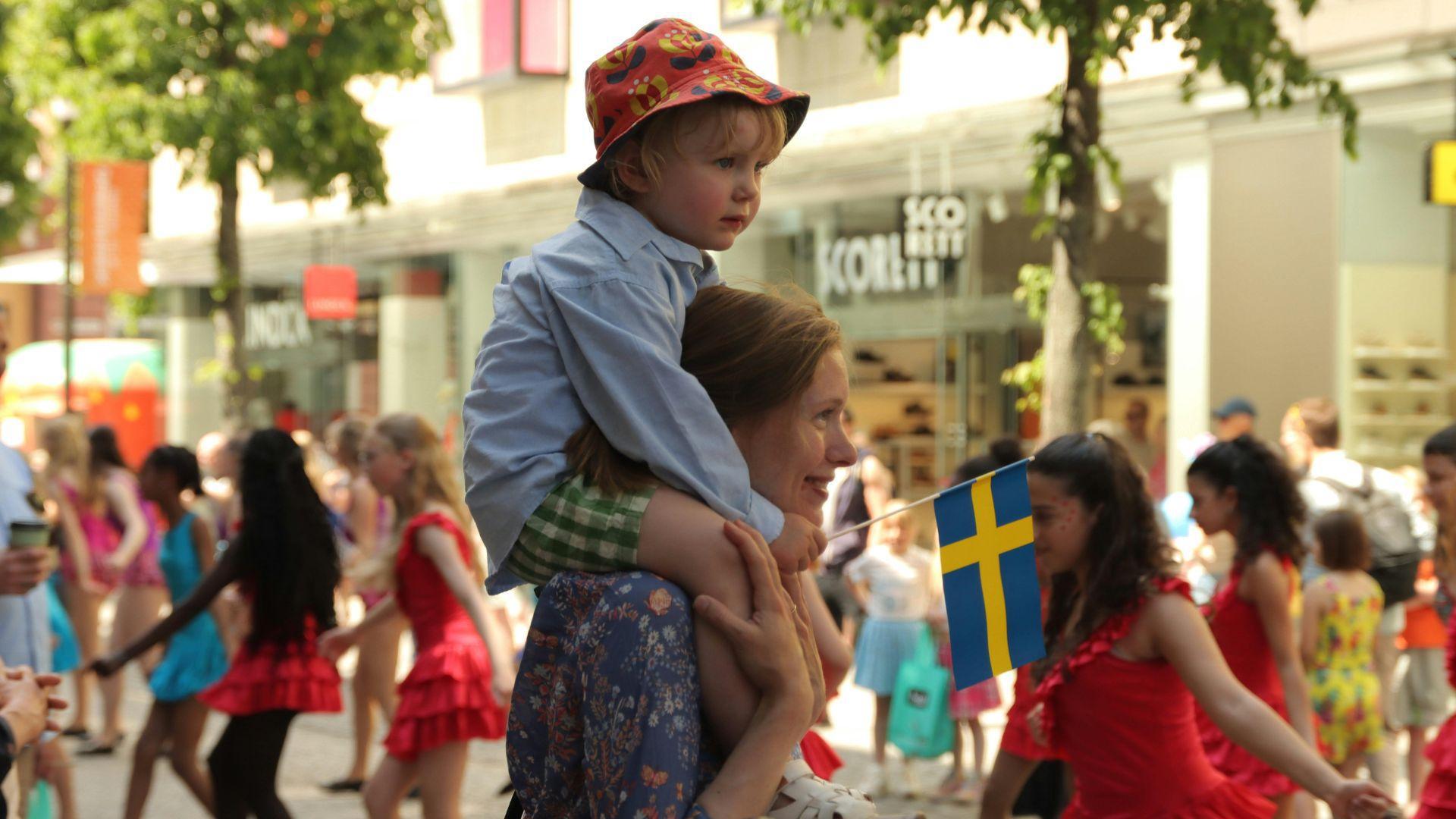
When Finland passed the Flexible Work Act, they knew they were going to be setting a trend with the rest of Europe.
Many advanced European and Western countries are following suit with flexible work hours. While some countries like Greece report as low as 26% of companies allowing flexibility, countries like New Zealand are up to 84% and 80% in Sweden.
The Country Remains a Hot Spot for Profitable Companies
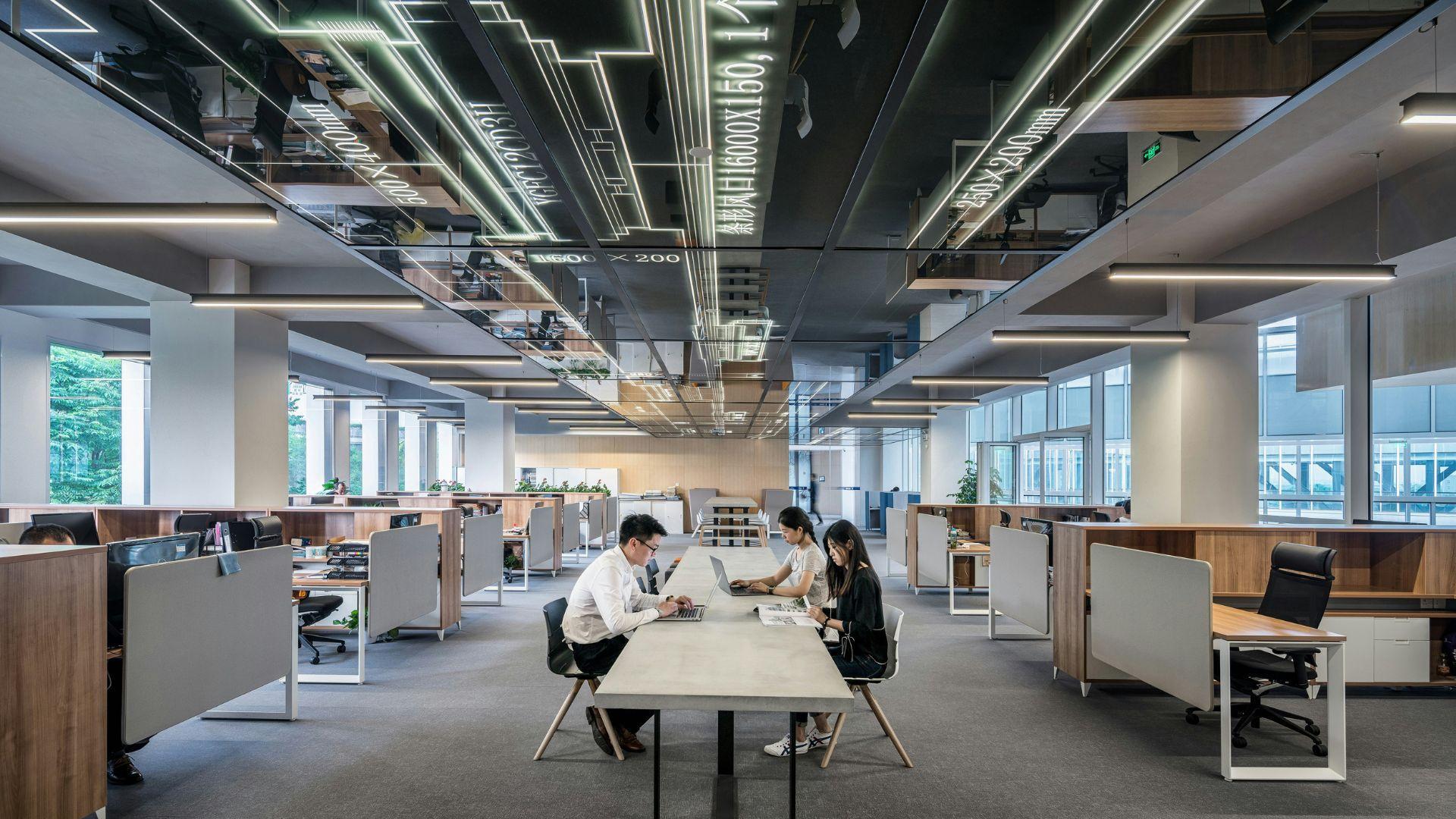
Many massive corporations call these easy going Scandinavian countries home.
Huge tech companies that are Finnish are Nokia, Supercell, and Kone. Despite the commitment these companies have to promoting worker satisfaction, they remain super profitable. Kone, the elevator giant with locations around the world, is worth roughly $24 billion dollars.
Successful Startups Know the Power of Happiness
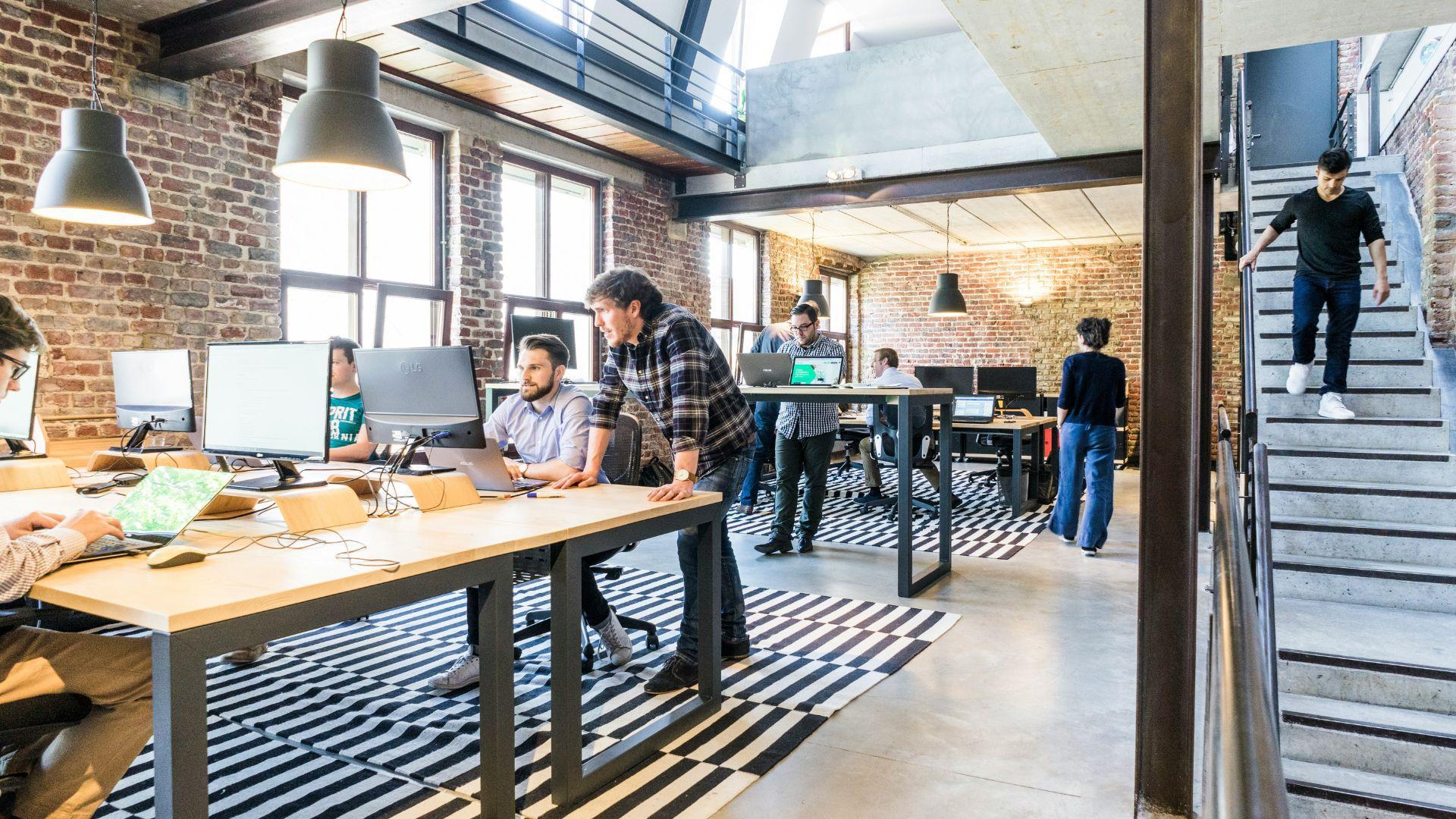
Start-ups in the U.S are known for having a nose to the grindstone attitude, and it’s common for entrepreneurs and their staff to work around the clock to get a company off the ground.
Although Finnish startups are still beholden to the Flexible Work Act, Fortune reports that 4,000 startups are currently operating in the country. Even better, in 2022, those startups received a reported $1.8 billion in funding, which shows that these companies have the money to back up their productivity.
Happiness Is the Mother of Invention
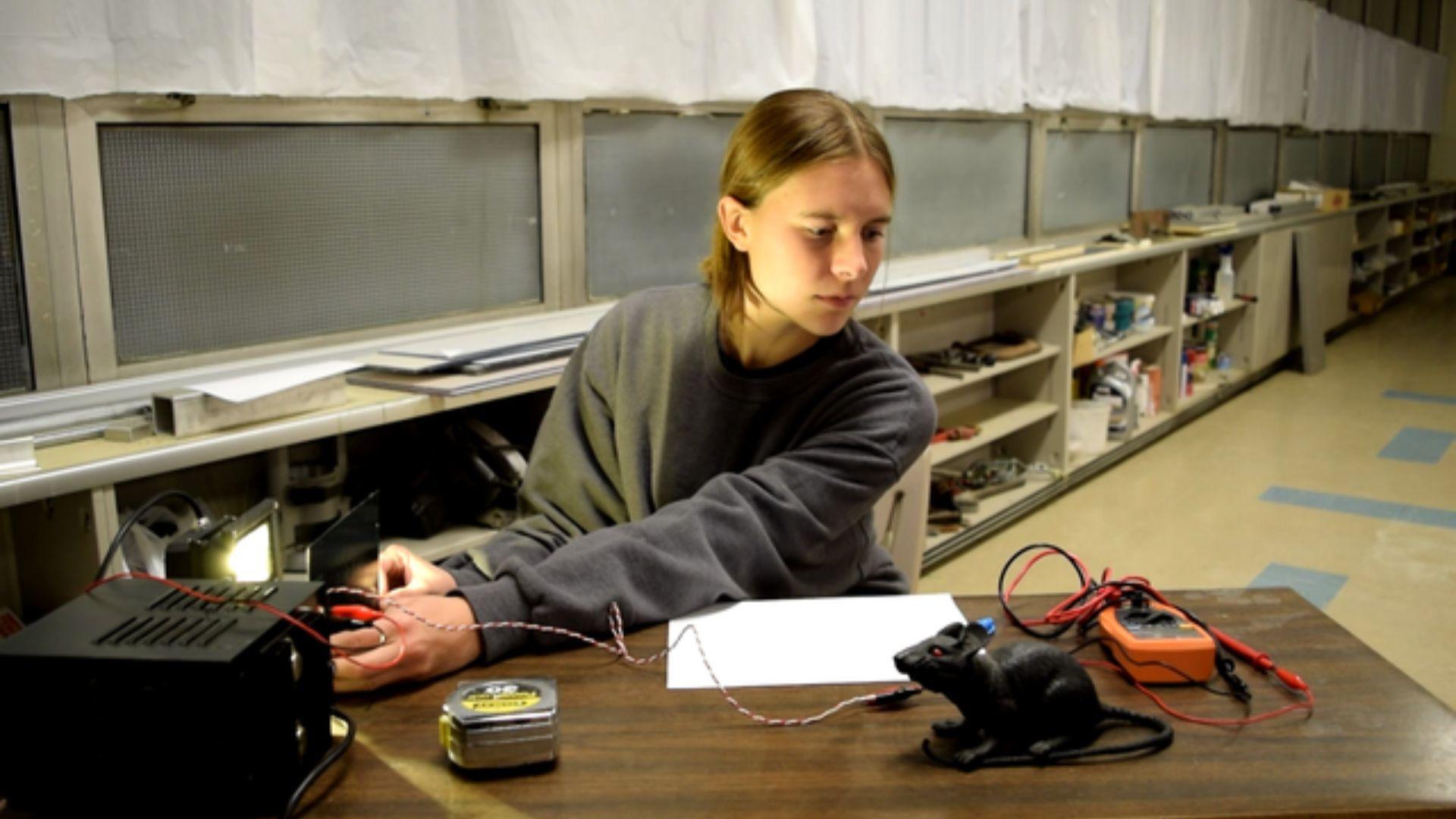
Startup culture is not just hidden away in Finland; many other countries with good work-life balance also have high levels of entrepreneurship.
Other Scandinavian and Baltic countries are known for having successful startup companies with ingenious inventions. Mäkitalo states in Fortune that the culture and attitude in these countries are the key to creating new businesses and growing new technologies.
Promoting Contentedness Is a Part of the Culture

An interesting aspect of Finnish culture is the idea that happiness is a right, but it should also not be rubbed in other peoples’ faces.
A common saying in Finland is, “Whoever has found happiness, that happiness they should hide.” this statement means to foster true contentment and happiness without showing off a false facade to others. This theory is quite opposite to the common American saying “fake it ‘til you make it,” and the common practice of putting on a smile even in times of personal turmoil.
Commitment of Trust Between Citizens and Government Agencies
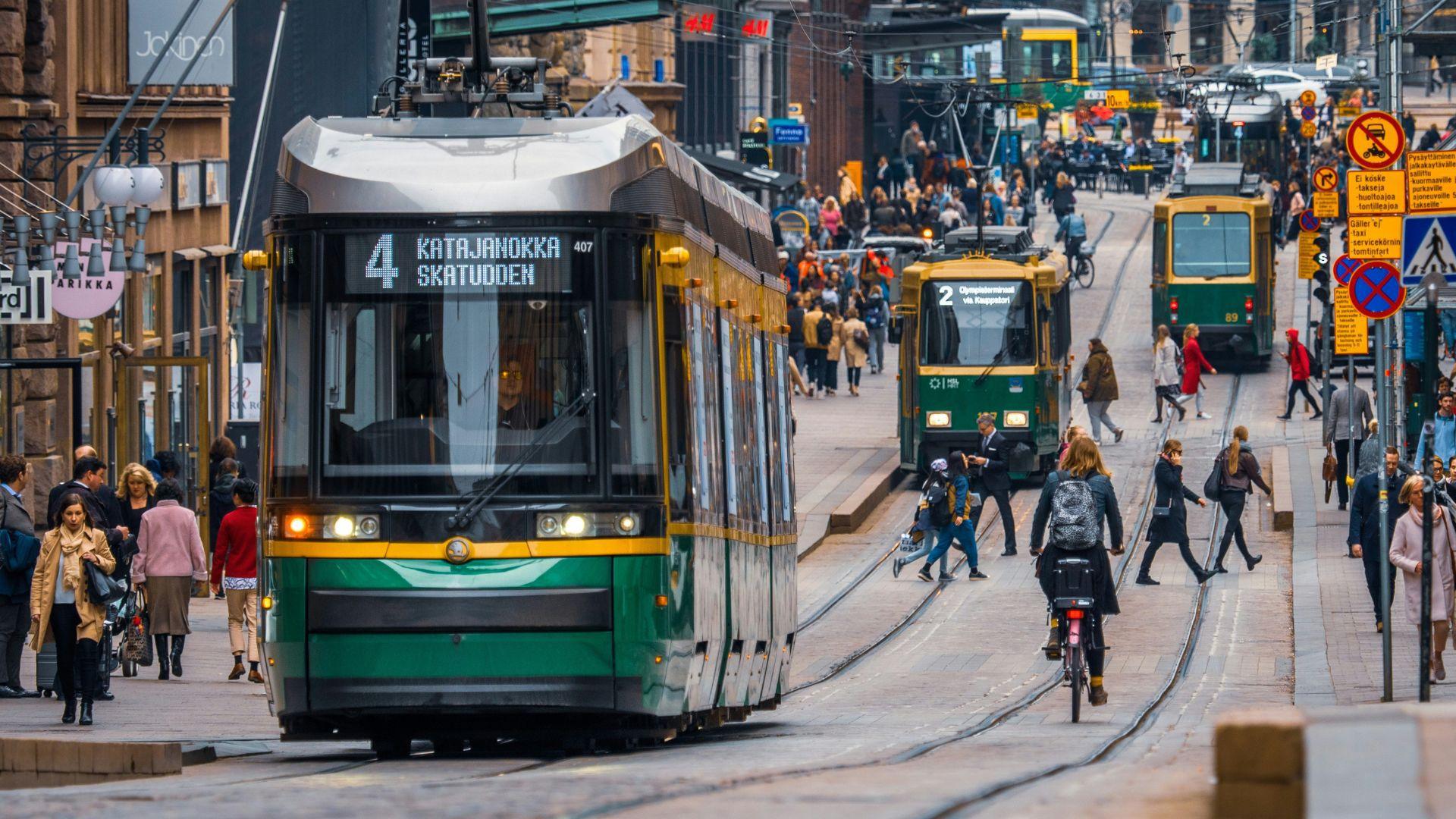
Part of the connection of work-life balance is the trust that the government is willing to step up and enshrine certain rights for its citizens.
Finnish CEO Miika Mäkitalo says that one of the reasons why the Fins stay so happy is that they can rely on a genuine trust of the media and governmental agencies to take care of citizens and to relay accurate information. This trust results in a true community to embrace.
The Downside of Strict Work Environments
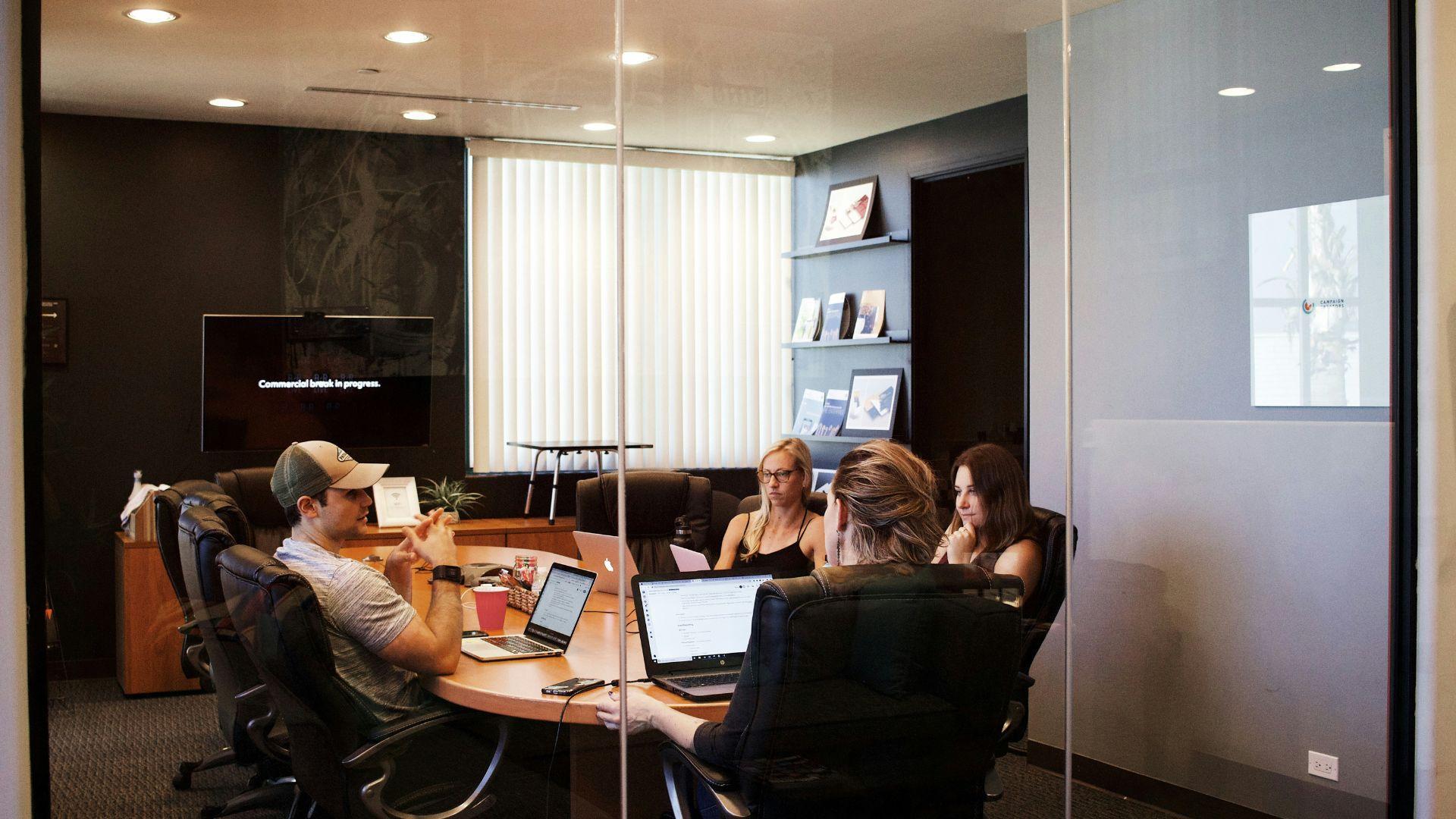
Pushing employees to improve output and increase production has long been the cornerstone to capitalism, but it’s not without its downsides.
Pushing employees without breaks, rest, and appropriate medical care, can result in reduced production and profits in the long term. Finnish companies already know the key to long term success and high profits is to keep employees loyal, happy, and healthy.
Cracking the Code to Success
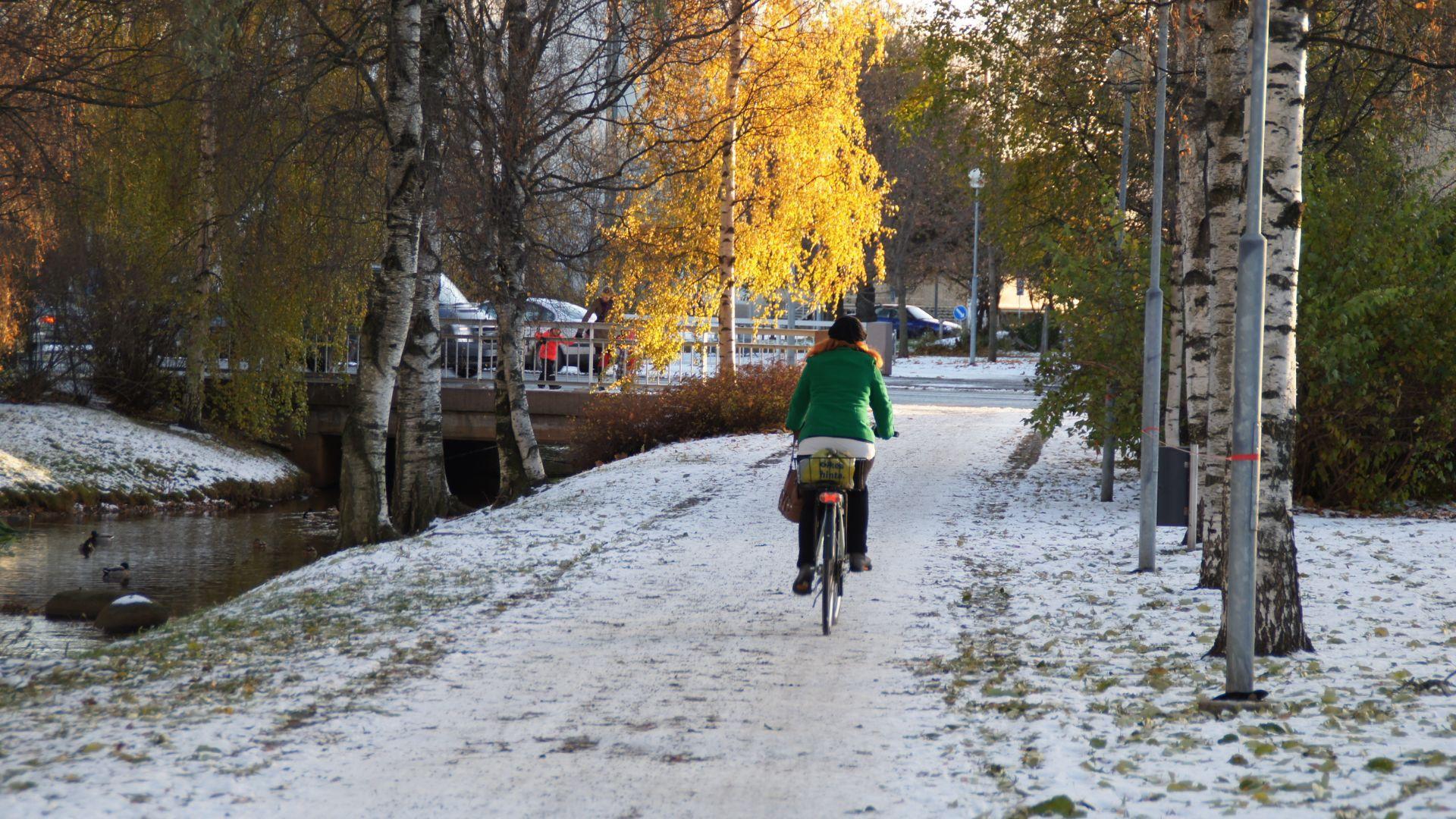
With decades of experience and results, Finland has made it clear that they’ve achieved the key to both happiness and success.
Allowing employees the respect of working on their own schedule, not pushing them to the limits physically, and allowing for good rest and care, Finnish companies are enjoying massive profits. Similarly, Finnish citizens are rewarded with happiness, trust, and respect.
